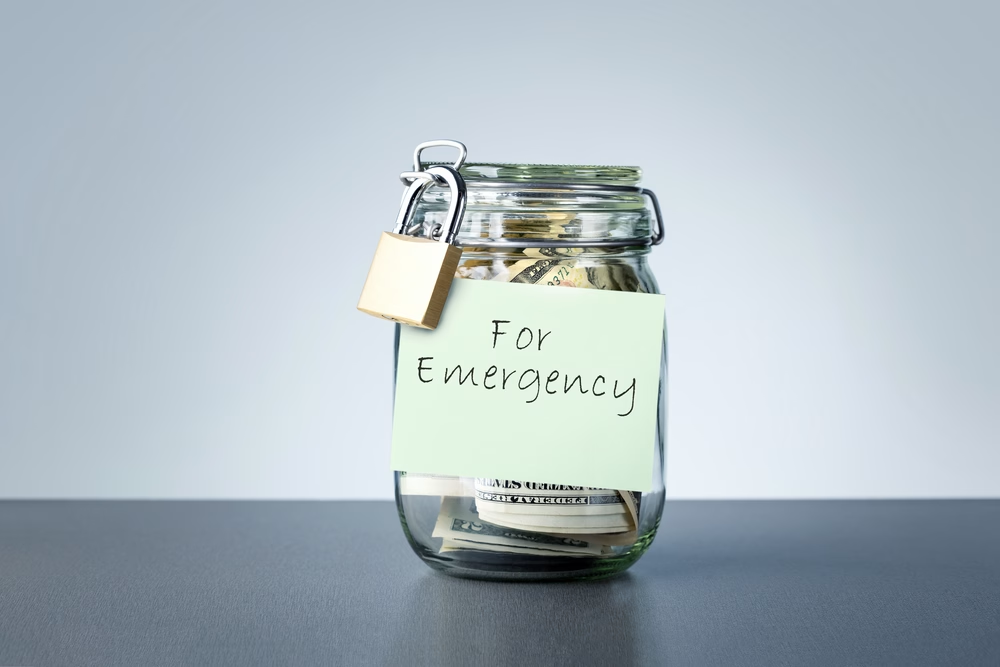Emergency fund: protection against unexpected expenses
12.07.2023

What is an Emergency Fund and How Can it Benefit You?
An emergency fund, also known as a contingency fund or a rainy day fund, is money set aside for unforeseen circumstances. It is a crucial part of a healthy financial plan and can provide significant relief during unexpected expenses.
The Importance of an Emergency Fund: Why Do You Need One?
Unexpected expenses can arise at any time. For example, your car might suddenly need repair, you could fall ill or lose your job. In these situations, an emergency fund can alleviate stress as you have a financial cushion to cover these unexpected costs.
How Much Should I Keep in My Emergency Fund?
The general recommendation is to keep an amount in your emergency fund that would cover your living expenses for at least three to six months. If your job or source of income is unstable, you might consider saving even more.
How to Create and Grow Your Emergency Fund?
Getting started can seem daunting, but every small step counts. Start with small monthly savings and use automatic transfers to make saving easier. Over time, even with small amounts, your emergency fund will grow significantly.
Where Should I Keep My Emergency Fund?
Choose a place where your money is safe but accessible. A good choice could be a savings account, as it generally offers a higher interest rate than a regular bank account, yet your money is readily available when needed.
How to Assess Your Financial Situation?
There are various tools to assess your financial situation. One such tool is the financial literacy tool on the smart.eleving page, which offers various ways to analyze and plan your financial situation. The test can help you understand how much money you should set aside for your emergency fund.
An emergency fund is a crucial step in ensuring your financial security. Whether you are already far along on your financial journey or just getting started, creating and growing an emergency fund is always a good idea.